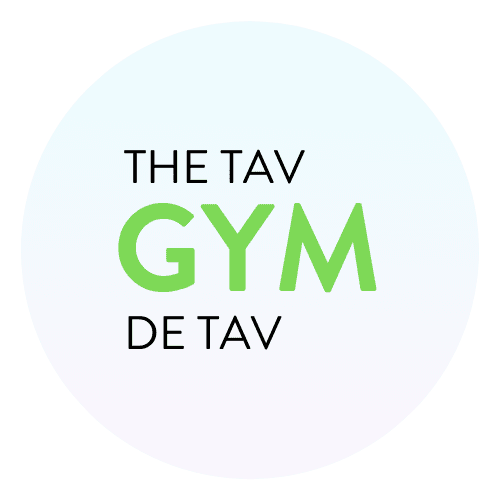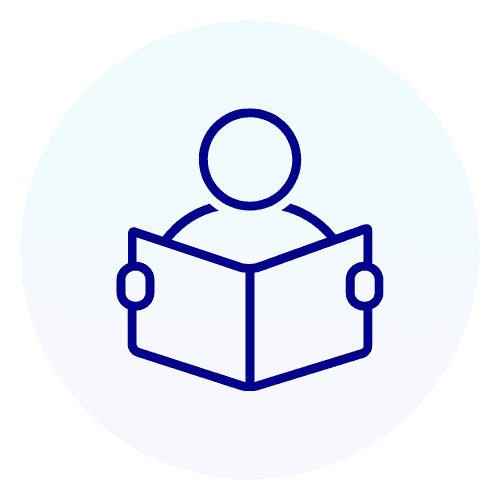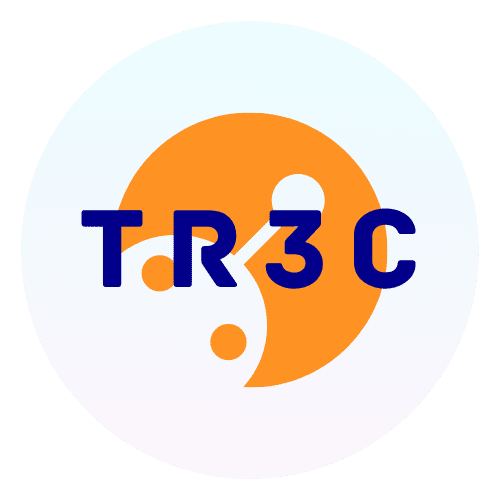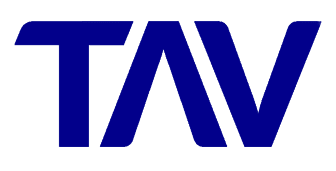Student Experience
Why you’ll love being a TAV student
What is the student experience like at TAV? In addition to educational services, TAV College also offers services, activities, and events outside of the classroom! Below is a list of some of the extracurricular associations, teams, and activities available for any registered student to participate in.
Get in touch with our Student Experience Advisor who oversees all student life affairs:
SERVICES FOR STUDENTS
TAV cafe
The College’s cafe offers coffee and tea as well as healthy meal options for breakfast, lunch, supper, and dessert. All registered students receive a 10% discount on products.

The TAV Gym
The gym occupies the entire 2nd floor of the A building and is comprised of a weight-training room, a cardio room, and a Zumba/yoga studio.

Study Hall
The study hall is located in the basement of the C building and offers a quiet space for students to work on assignments, read, or write.
STUDENT-LEAD ORGANIZATIONS

TAV College Students’ Association
The TCSA is an election-based student group that plans, organizes, and hosts campus events as well as oversees clubs, special projects, and advocacy requests.

The TAV Times
The TAV Times is the College’s official student-run news magazine that is produced twice per semester in print and online.
CLUBS

TAV Robotics and 3D printing Club (TR3C)
TR3C provides an outlet for students to learn about 3D printing technology and its potential applications to robotics and other mechanical functions.

Environmental Club
The TAV Environmental Club advocates for sustainability changes and organizes projects in order to decrease the College’s carbon footprint.

Chess Club
The Chess Club provides an outlet for students to compete in the classical strategy-based game of chess. Each semester, students compete to crown TAV’s Chess Champion.

Digital Marketing Club
The Digital Marketing club provides an outlet for students to practice networking, trade ideas, and share industry knowledge.

Art and Music Club
The Art and Music Club provides an outlet for students to engage in the realization of creative projects involving the arts, music, and culture.
Updated: April 20, 2022

